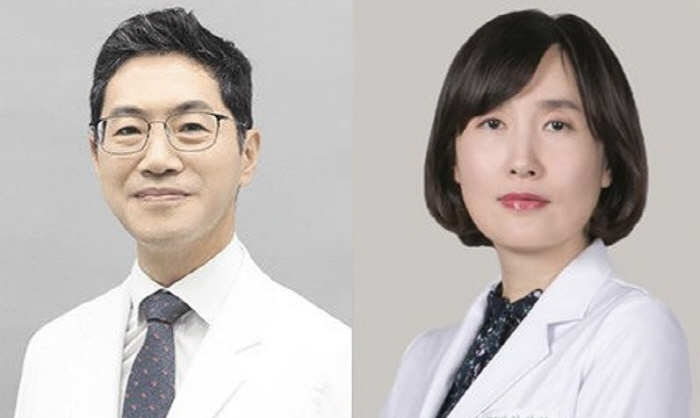Overweight in Health instead of Obesity?...Research on terminology is needed to resolve prejudice and discrimination
|
A research team led by Professor Kim Kyung-gon of Family Medicine at Gachon University Gil Hospital and Professor Kang Ji-hyun of Family Medicine at Konyang University Hospital found that the psychological wounds suffered by obese people in our society can vary greatly depending on the terms related to obesity.
This study is the first to investigate the perception and response of obesity-related terms in Korean adults, and is evaluated as an example of once again awakening why patient-centered language use is important in the medical field.
Professor Kim Kyung-gon said that "obesity is a disease caused by a discrepancy between the weight control centers inherent in our bodies and the suddenly changed living environment." The view of obesity as the responsibility of obese individuals is prejudice against obese individuals and can lead to social stigma against them."
In the English-speaking world, many studies have already been conducted on obesity-related terms to reduce prejudice or stigma in society. It is recommended to use people-centered terms and people-first terms as a term referring to obese people, but related studies have not been conducted in Korea, so it is not even known whether it is reasonable to borrow and use English-speaking terms.
Professor Kim Kyung-gon (first author) and Professor Kang Ji-hyun (corresponding author), who conducted research as a member of the Society for Obesity Metabolism Research (SOMS), surveyed 321 adult obese women with a body mass index (BMI) of 30 kg/㎡ or more and 171 medical members belonging to 'Hydak'.
The research team was asked to evaluate the subjective perception and appropriateness of the expression on a 5-point scale for 9 disease-related terms referring to 'obesity' and 14 patient-related terms referring to 'obesity'.
As a result of the study, the terms 'obesity disease' and 'obesity disease patients' received the most negative reviews from both obese women and medical staff. On the other hand, expressions such as 'exceeding healthy weight' and 'People with high body mass index' were evaluated as positive terms to reduce stigma.
Both obese women and medical staff chose positively evaluated terms as the main reasons for 'common and comfortable health-related terms';'expressions emphasizing the possibility of improving weight and health conditions';'expressions minimizing negative nuances'. On the other hand, the majority of the respondents answered that the expression 'obesity disease' feels unpleasant to be branded as a disease'.
What is also interesting is the difference in perspective between obese women and medical staff. The percentage of respondents who chose 'minimizing criticism and discrimination' as a positive term was overwhelmingly high in obese women with 69.5%, but only 12.3% in medical staff. Conversely, the percentage of people who preferred 'medical and professional expression' was high at 48% of medical staff, and only 7% of obese women were obese.
Professor Kim Kyung-gon said "Changing the terms related to obesity used in the medical field can relieve unnecessary stigma and motivate patients for treatment."It is significant in that we have confirmed the appropriateness of each term through an objective survey on various terms for obesity in Korean."
The study identified differences in perceptions of various obesity-related terms and was published in a recent issue of the Journal of Obesity Metabolism Research under the title 'Awareness and Preference Survey on Obesity-related Terms: A Verbal Approach to Mitigating Obesity Stigma'.
Meanwhile, Professor Kim, who is serving as the 7th president of the Asia-Oceania Association for the Study of Obesity, has been a major executive of the Korean Society of Obesity since 2005 and has also served as a committee member of the World Society of Obesity. In addition, he served as the chairman of the Obesity Metabolic Syndrome Research Society of the Korean Family Medicine for four years from 2018, and has served on the council for the past 12 years at AOASO.
|
This article was translated by Naver AI translator.





